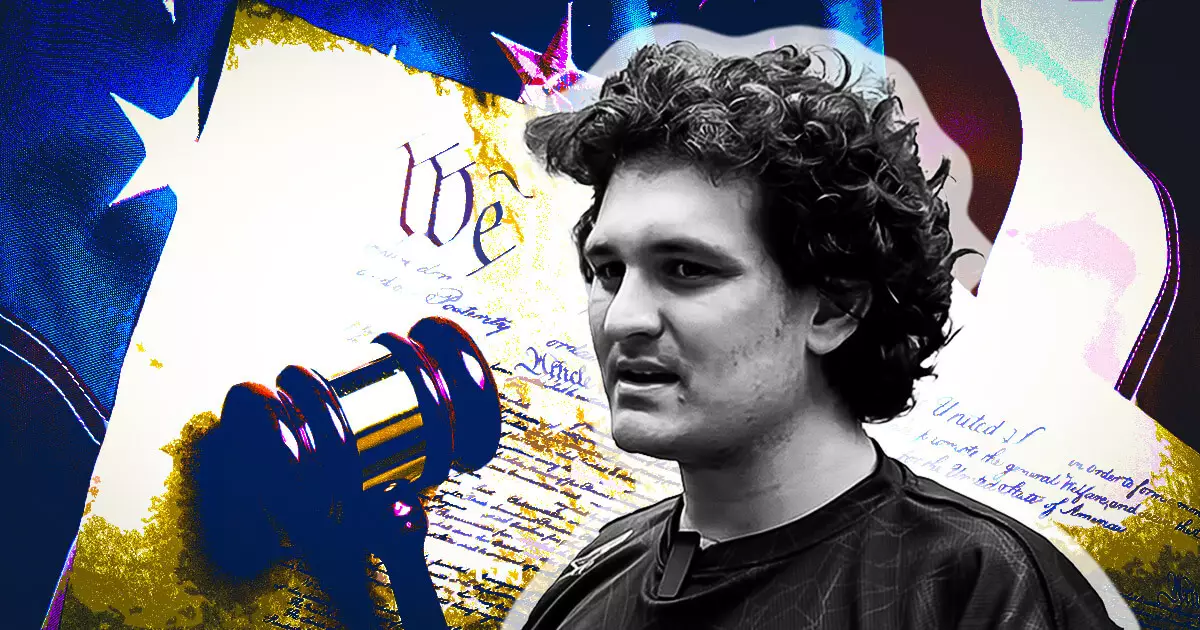Founders and CEOs of major companies deserve equal rights and treatment under the law, yet the case of Samuel Bankman-Fried, founder of FTX, raises serious concerns. Bankman-Fried, facing charges of illegally diverting investor funds, claims that he is being denied adequate access to crucial evidence in violation of his constitutional rights. His attorneys argue that the government’s proposal to provide him with limited offline access to a laptop and occasional internet access is insufficient given the extensive volume of discovery materials in the case. This lack of access hinders his ability to prepare for trial and compromises the defense, therefore constituting a violation of Mr. Bankman-Fried’s Sixth Amendment rights.
The Need for Consistent Internet Access
Bankman-Fried’s defense team insists on the necessity of consistent access to an internet-connected laptop. They argue that millions of pages of documents and key sources of information are only available online, making the proposed offline access inadequate. Without consistent internet access, Bankman-Fried cannot fully review the evidence against him, including crucial messages on the encrypted chat platform Slack and materials from FTX and Alameda stored in the cloud. This lack of access compromises his ability to effectively prepare his defense and undermines his right to proper representation.
Currently confined to a small cell in a Brooklyn federal jail after having his bail revoked, Bankman-Fried faces significant limitations in reviewing the evidence against him. Prosecutors accuse him of using customer deposits for personal gain, supporting a lavish lifestyle, contributing to political campaigns, and engaging in risky trades. However, without adequate access to the discovery materials, Bankman-Fried’s ability to rebut these accusations is hampered. His lawyers argue that his continued incarceration without internet access leads to inadequate representation, a situation that cannot be remedied until he is granted the necessary means to review the evidence against him.
In light of the challenges posed by the limited access to evidence and the difficulties in preparing a robust defense, Bankman-Fried’s legal team urges U.S. District Judge Lewis A. Kaplan to consider his temporary release under the “compelling reason” exception of the Bail Reform Act. They propose strict conditions for his release, such as confinement at his parents’ house in California. By granting temporary release, the judge could ensure that Bankman-Fried has the necessary tools and resources to adequately prepare for trial, thus upholding his constitutional rights and facilitating a fair legal process.
A Violation of Constitutional Rights
The denial of adequate access to evidence and the limitations imposed on Bankman-Fried’s ability to review crucial information significantly compromise his constitutional rights. The Sixth Amendment guarantees every individual the right to a fair trial, including the ability to prepare an effective defense. By failing to provide Bankman-Fried with consistent internet access, the government is infringing upon these fundamental rights. The defense team’s concerns regarding the cumbersome and time-consuming nature of their client’s current access to discovery materials further highlight the need for a resolution that ensures constitutional rights are upheld.
The case of Samuel Bankman-Fried exemplifies the challenges faced by individuals accused of serious crimes when denied adequate access to evidence. The limited offline access and occasional internet access provided by the government are insufficient in light of the volume of discovery materials and online sources of information crucial to the defense. It is imperative that U.S. District Judge Lewis A. Kaplan recognizes the violation of Mr. Bankman-Fried’s constitutional rights and grants him the necessary means to prepare for trial. By upholding his Sixth Amendment rights, the court can ensure a fair legal process and protect the fundamental principles of justice.


Leave a Reply